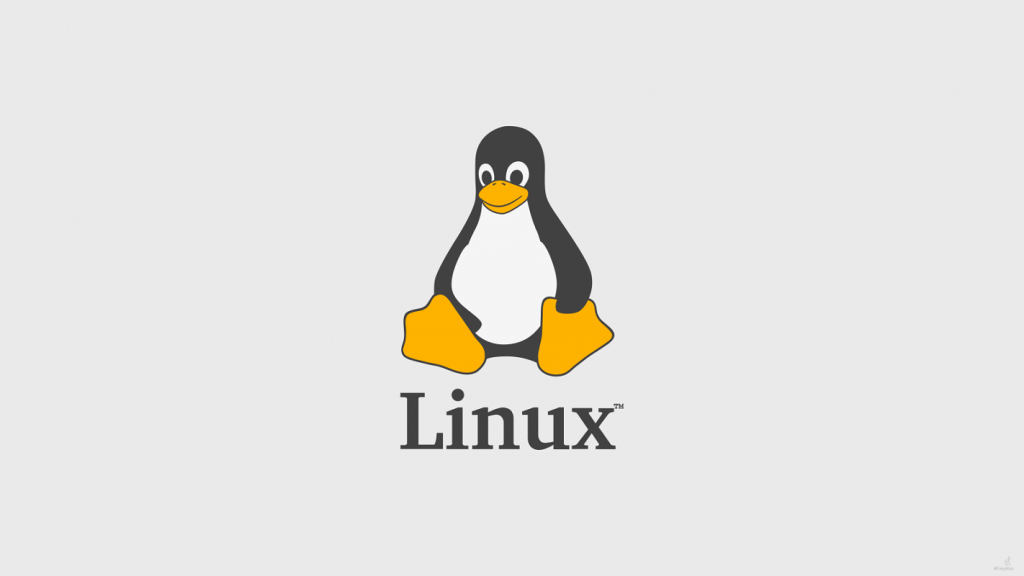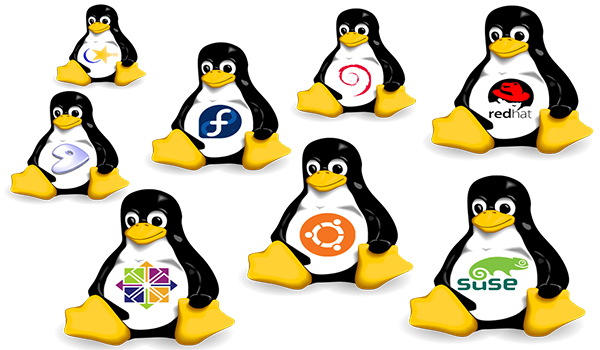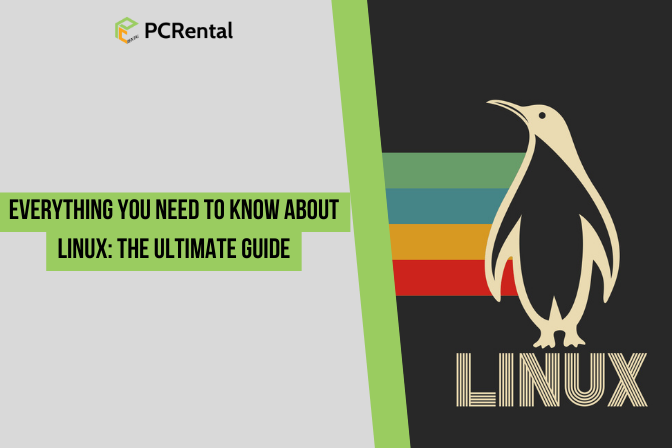In the vast realm of operating systems, Linux stands out as a powerful and versatile option that has become a cornerstone for many industries and tech enthusiasts alike. With over two decades of experience in the tech field, we at PC Rental are here to provide you with a comprehensive guide to understanding Linux, its benefits, and why it might just be the perfect choice for your computing needs.
What is Linux?

Linux is an open-source operating system (OS) first released in 1991 by Linus Torvalds. Unlike proprietary operating systems such as Windows or macOS, Linux is based on the open-source model, meaning its source code is freely available for anyone to view, modify, and distribute. This has led to a vibrant and collaborative community of developers who continually improve and expand its capabilities.
Key Features of Linux
- Open Source Nature: The heart of Linux’s appeal lies in its open-source nature. This allows for transparency, security, and the freedom to customize the OS to fit specific needs. Users can access the source code and contribute to its development, fostering a collaborative environment.
- Security: Linux is renowned for its robust security features. Its architecture inherently provides a high level of protection against malware and viruses. Regular updates from the community also ensure that vulnerabilities are quickly addressed.
- Stability and Performance: Linux is known for its stability and efficient performance. It can run smoothly on older hardware, making it an excellent choice for extending the life of your devices. For servers and enterprise applications, Linux offers unmatched reliability.
- Flexibility and Customization: Linux can be tailored to meet a wide range of requirements. From lightweight distributions for older machines to powerful versions for servers and development environments, Linux offers unparalleled flexibility.
- Cost-Effective: As a free OS, Linux eliminates the licensing costs associated with proprietary systems. This makes it an attractive option for both individuals and businesses looking to reduce expenses.
Popular Linux Distributions

The term “Linux” often refers to a variety of distributions (distros) that are tailored for different uses. Here are some of the most popular ones:
- Ubuntu: Known for its user-friendliness and strong community support, Ubuntu is an excellent choice for beginners and experienced users alike.
- Fedora: A cutting-edge distro that focuses on incorporating the latest features and technologies.
- Debian: Renowned for its stability and reliability, Debian is a preferred choice for servers and critical applications.
- CentOS: Derived from Red Hat Enterprise Linux, CentOS offers enterprise-level stability and performance without the associated costs.
- Arch Linux: For those who prefer complete control over their OS, Arch Linux provides a minimalistic and highly customizable environment.
Why Choose Linux?
- Development and Programming: Linux is a favorite among developers due to its compatibility with a wide range of programming languages and tools. It provides a robust environment for coding, testing, and deploying applications.
- Server Management: Linux dominates the server market thanks to its stability, security, and performance. It’s the backbone of many web servers, databases, and cloud infrastructures.
- Cost Savings: With no licensing fees and lower hardware requirements, Linux offers significant cost savings, particularly for enterprises running multiple servers or devices.
- Community Support: The Linux community is vast and supportive. Whether you’re troubleshooting an issue or looking for advice on customization, there are countless forums, documentation, and tutorials available.
- Learning and Growth: Using Linux can be a highly educational experience. It encourages users to learn more about how their systems work, fostering a deeper understanding of computing principles.
Getting Started with Linux
For those new to Linux, here are some steps to get started:
- Choose a Distribution: Start with a user-friendly distro like Ubuntu or Linux Mint. These provide a good balance of features and ease of use.
- Install Linux: You can install Linux alongside your current OS (dual-boot), use it on a virtual machine, or replace your existing OS entirely.
- Explore and Customize: Spend time exploring the desktop environment, installing software, and customizing settings to suit your preferences.
- Join the Community: Participate in forums, attend local Linux user group meetings, and contribute to projects. The community is one of Linux’s greatest strengths.
Conclusion
Linux is more than just an operating system; it’s a gateway to a world of open-source innovation, robust security, and endless possibilities. Whether you’re a developer, a system administrator, or simply someone looking to breathe new life into an old computer, Linux offers a versatile and powerful solution. At PC Rental, we provide high-performance workstations and servers pre-configured with the latest Linux distributions to meet your specific needs. Embrace the power of Linux and discover why it’s the operating system of choice for millions around the world.
For more information on our Linux-based rental solutions and to find out how we can support your computing needs, contact us today.




